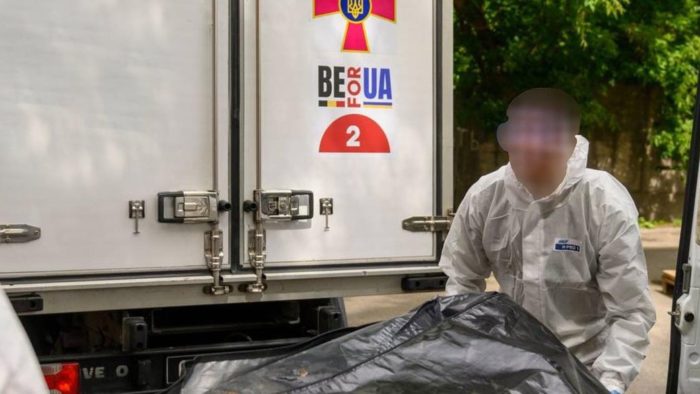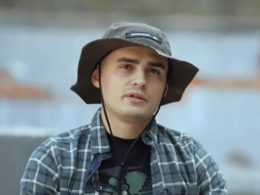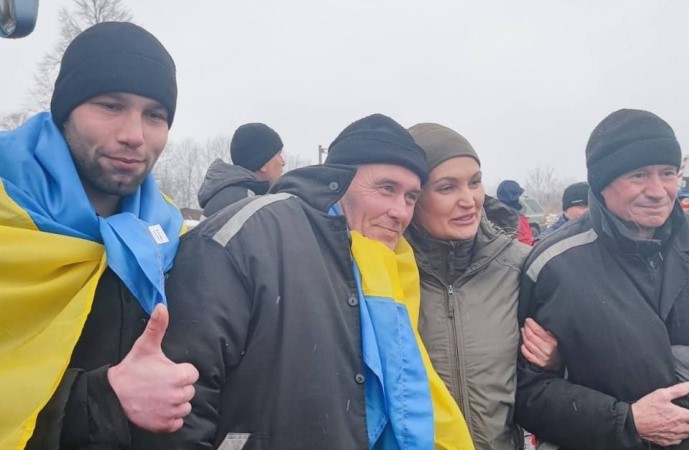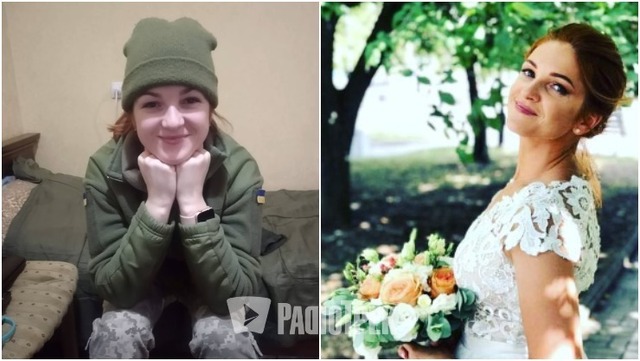Ukrainian soldiers from different units of the Armed Forces of Ukraine defended the city of Mariupol from the very beginning of the full-scale invasion and for over three months. All the soldiers and units were ordered to evacuate at the end of May; they were immediately taken into captivity. Regarding the Mariupol Defenders, the Russian side points to 2,439 prisoners of war; the International Red Cross, under whose aegis the evacuation took place, reports only “hundreds” of registered Ukrainian fighters. The Institute for the Study of War suspects that the Russians are deliberately inflating the numbers.
Today, the Azovstal Steel Works and the city of Mariupol are fully controlled by the Russian occupiers. It is still not clear how many Ukrainian soldiers perished during the defense of Mariupol. The Azov patronage service confirms that about 500 bodies have already been transferred from the occupied city and surroundings to government-controlled territories.
Evacuation of Ukrainian soldiers is underway from Azovstal in occupied Mariupol
“We’ve been transferring our dead soldiers from Mariupol since the beginning of June. In June, there was a major exchange: we managed to claim 162 bodies. Recently, we finally reached an agreement to carry out regular exchanges. About once a week, once every two weeks, we manage to exchange 5 to 15 soldiers,” says Olena Tolkachova, head of the Azov patronage service ‘Azov Angels’.
The bodies of the soldiers are in very bad condition; many are disfigured, burnt, show signs of torture. It is impossible to identify them visually, so experts and investigators are involved. The bodies arrive in Kyiv or Kyiv Oblast, where they are gradually identified thanks to DNA expertise. There are many bodies from Mariupol and surroundings; sometimes, there are bodies from other occupied towns, says Olena.
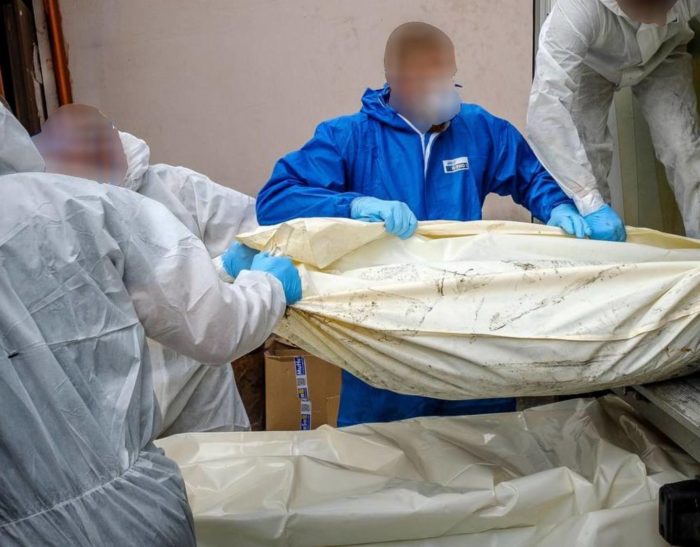
The ‘Azov Angels’, together with the Kyiv police, morgue employees and forensic experts and criminologists, conduct an examination and registration of the bodies. If there is a DNA match, the investigators of the National Police and members of the Azov patronage service promptly inform the families of the fallen Heroes.
“We’re able to identify the Azov fighters, because some of them still have their chevrons; others are wearing their Azov uniforms or have Azov symbols, tattoos. We’ve identified and buried 20 of our soldiers. All the others are from different units of the Ukrainian Army: the Marines, the Armed Forces, the National Guard, the National Police, Border Guards, maritime security forces and members of the State Emergency Service,” explains Olena Tolkachova.
On 16 May, after three months of defending Mariupol, Azov commander Denys Prokopenko announced that Ukraine’s Supreme Command had ordered the fighters to evacuate in order to preserve their lives. Then, Deputy Minister of Defense of Ukraine Hanna Maliar reported that the 53 seriously wounded soldiers from Azovstal had been dispatched to the Novoazovsk hospital situated in the so-called “DNR”. Another 211 were evacuated to occupied Olenivka. Maliar explained that they would be returned to Ukraine in a future prisoner exchange. On 19 May, the Ministry of Defense of the Russian Federation reported that as of 16 May, 1,730 Ukrainian soldiers had left Azovstal (80 wounded). On 29 July, an explosion ripped through Olenivka penal colony, Donetsk Oblast housing hundreds of Ukrainian detainees. The blast killed at least 50 people, according to Russian officials, including fighters who were captured by Russian forces in May at the Azovstal Steel Plant in Mariupol. Murder of Ukrainian POWs in Olenivka prison: everything we know On 23 August, Ukraine submitted an urgent demand to the European Court of Human Rights regarding the Ukrainian soldiers from Azovstal who were still held prisoner by the Russian occupiers. On Ukrainian Independence Day, 24 August, the Russian occupiers planned to hold a show trial in occupied Mariupol, as reported by the Main Intelligence Directorate of the Ministry of Defense of Ukraine. It did not happen. Then, in an interview with Russian mass media, the leader of the so-called “DNR” Denis Pushylin stated that the first “trial” would be organized by the end of this summer. The Russian occupiers have confirmed their intention to hold a show trial with the Ukrainian POWs. They have built huge cages on the stage of the Mariupol Chamber Philharmonic. Read more:




